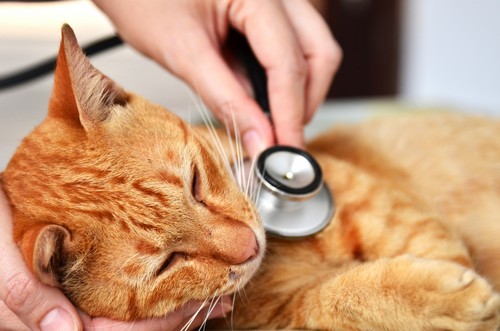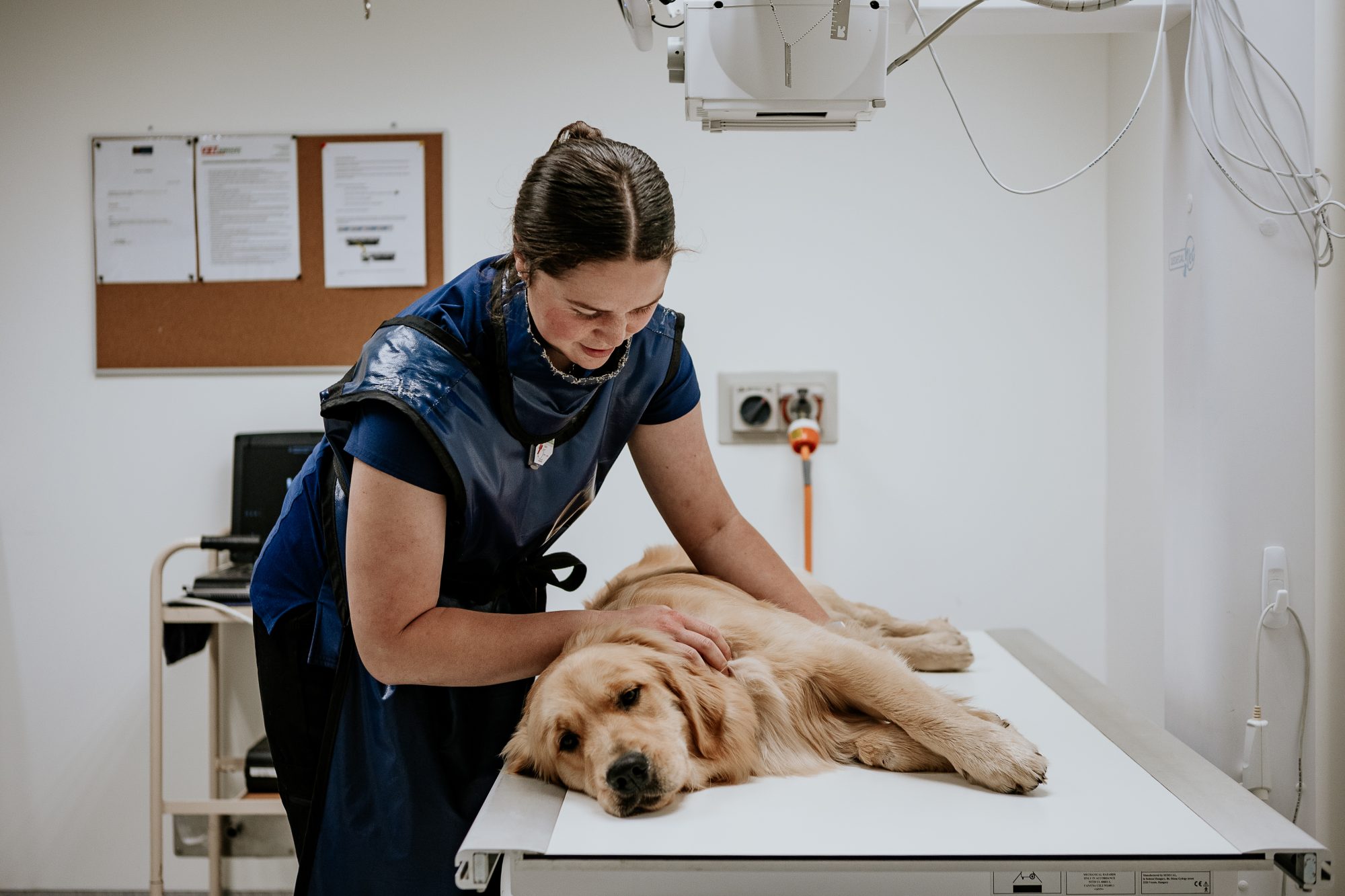Vet services that make a difference in pet recovery and wellness
Discovering the Array of Solutions Supplied by a Veterinary Specialty Hospital for Optimal Pet Dog Care
Veterinary specialty hospitals play a necessary function in offering extensive look after pets with complicated wellness issues. They use a variety of services, from innovative analysis imaging to specialized treatments for persistent conditions. Emergency situation treatment is likewise an essential element of their operations. Understanding these solutions can illuminate just how they add to improved family pet wellness. What specific therapies and methods do these centers utilize to assure perfect outcomes for animals?

Comprehending Veterinary Specialty Providers
Numerous animal proprietors are familiar with basic vet treatment, understanding veterinary specialty solutions can substantially enhance the treatment alternatives readily available for animals with complicated health and wellness problems. Veterinary specialty solutions encompass a series of concentrated areas, consisting of cardiology, oncology, dermatology, and emergency treatment, to name a few. These specialized fields permit vets to supply advanced diagnostics and customized therapy strategies that attend to specific conditions better.
Experts frequently have additional training and certification, equipping them with the expertise to manage detailed situations that basic experts may not be completely equipped to manage. For example, a veterinary cardiologist can do specific evaluations and design comprehensive treatment methods for family pets with heart problems, while an oncologist may provide sophisticated treatments for family pets diagnosed with cancer cells. By understanding these services, pet proprietors can make enlightened decisions and seek appropriate care, ultimately enhancing their family pets' health and wellness outcomes and lifestyle.
Advanced Diagnostic Imaging Techniques
Advanced diagnostic imaging strategies play a vital duty in vet specialty services, enabling veterinarians to picture and evaluate the interior structures of animals with impressive precision (Learn More). These methods include X-rays, ultrasound, calculated tomography (CT), and magnetic resonance imaging (MRI) Each technique provides special insights right into a pet's health, enabling for exact diagnosis and therapy planning
X-rays are typically utilized to find fractures or growths, while ultrasound is effective for analyzing soft cells conditions, such as body organ abnormalities or liquid build-up. Vet services. CT scans deal thorough cross-sectional images, essential for determining complicated problems, and MRIs succeed in envisioning mind and spine cord conditions
Specialized Therapy Options for Persistent Conditions

Furthermore, specialty hospitals may supply innovative therapies like stem cell treatment and acupuncture, which have revealed promise in alleviating signs and advertising recovery. Veterinary. Veterinary specialists usually team up with pet dog owners to produce individualized treatment strategies that consider the distinct needs of each pet, ensuring extensive treatment
Moreover, recurring tracking and follow-up visits are integral parts of managing chronic concerns, permitting timely changes in treatment as needed. This multifaceted technique highlights the commitment of veterinary specialty hospitals to boost the health and well-being of pet dogs dealing with chronic conditions.
Emergency Situation and Essential Care Solutions
Emergency situation and critical care solutions are essential elements of veterinary specialty hospitals, created to attend to dangerous scenarios and extreme health and wellness situations in animals. These services are staffed by veterinarians with specialized training and experience, geared up to respond quickly to a series of emergencies, such as trauma, poisoning, or respiratory system distress. The centers typically include sophisticated diagnostic devices, such as ultrasound and digital radiography, to promote quick decision-making and treatment.
Upon arrival, pets are assessed promptly to identify the seriousness of their problems, and triage procedures are implemented to prioritize care (Learn More). Therapy might involve intravenous fluids, oxygen treatment, or medical interventions, relying on the case. Continuous surveillance of vital signs ensures that any type of modifications in the pet's standing are immediately attended to. Veterinary specialty hospitals as a result play a considerable role in giving important care that can make the distinction between life and death for family pets in alarming scenarios
The Significance of Recovery and Pain Administration
While usually forgotten, rehab and discomfort management are essential elements of veterinary specialty care that considerably improve an animal's lifestyle and healing procedure. These services concentrate on reducing pain and advertising healing adhering to surgery, injury, or persistent problems. Rehabilitation techniques, which may include physical therapy, hydrotherapy, and acupuncture, aid restore movement and stamina, enabling pet dogs to gain back regular feature a lot more swiftly.
Reliable pain monitoring is similarly vital, as neglected discomfort can hinder healing and result in behavior issues. Utilizing a mix of medications, different therapies, and helpful care, vets tailor pain monitoring intends to every specific animal's needs. This complete approach not just minimizes discomfort yet also lessens stress, promoting a more positive healing environment. Ultimately, prioritizing recovery and pain administration in veterinary specialty care warranties that animals receive the very best possible assistance, enhancing their overall well-being and facilitating a smoother recovery journey.
Often Asked Questions
What Qualifications Do Veterinary Specialists Have?

Veterinary professionals normally hold a Physician of Veterinary Medication (DVM) level and total extra residency training in their selected area. They often acquire board certification, showing innovative understanding and skills in their specific vet specialty.
Exactly How Can I Choose the Right Veterinary Specialty Hospital?
To pick the appropriate veterinary specialty hospital, one ought to look into the hospital's credentials, take into consideration recommendations from trusted resources, review the center's place and solutions, and evaluate the personnel's experience and strategy to animal treatment. (Learn More)
What Should I Expect Throughout My Animal's Professional See?
During an animal's professional see, one get more can expect a comprehensive exam, diagnostic examinations, discussion of findings, treatment options, and customized treatment plans. Open up interaction with the veterinary team is important for ideal animal health monitoring.
Are Specialty Provider Covered by Animal Insurance Coverage?
Specialty solutions may be covered by pet dog insurance, depending on the plan. Pet owners should meticulously examine their insurance coverage strategy details to recognize coverage limitations, exemptions, and needs for professional brows through before seeking treatment.
How Do I Prepare My Pet Dog for a Specialist Appointment?
To prepare an animal for an expert visit, owners must collect medical records, checklist current medicines, note behavioral modifications, and assure their pet is comfortable and tranquil throughout the go to for excellent communication and treatment.
Veterinary specialty hospitals play a necessary duty in offering substantial care for pets with intricate wellness issues. Numerous pet dog proprietors are familiar with basic vet treatment, understanding veterinary specialty solutions can greatly boost the treatment options readily available for pets with complex wellness issues. A vet cardiologist can execute specific evaluations and develop extensive therapy procedures for family pets with heart conditions, while an oncologist could supply sophisticated treatments for family pets detected with cancer cells. During a pet dog's professional visit, one can anticipate a detailed exam, analysis examinations, discussion of findings, therapy alternatives, and personalized treatment plans. Specialty services might be covered by pet insurance, depending on the policy.